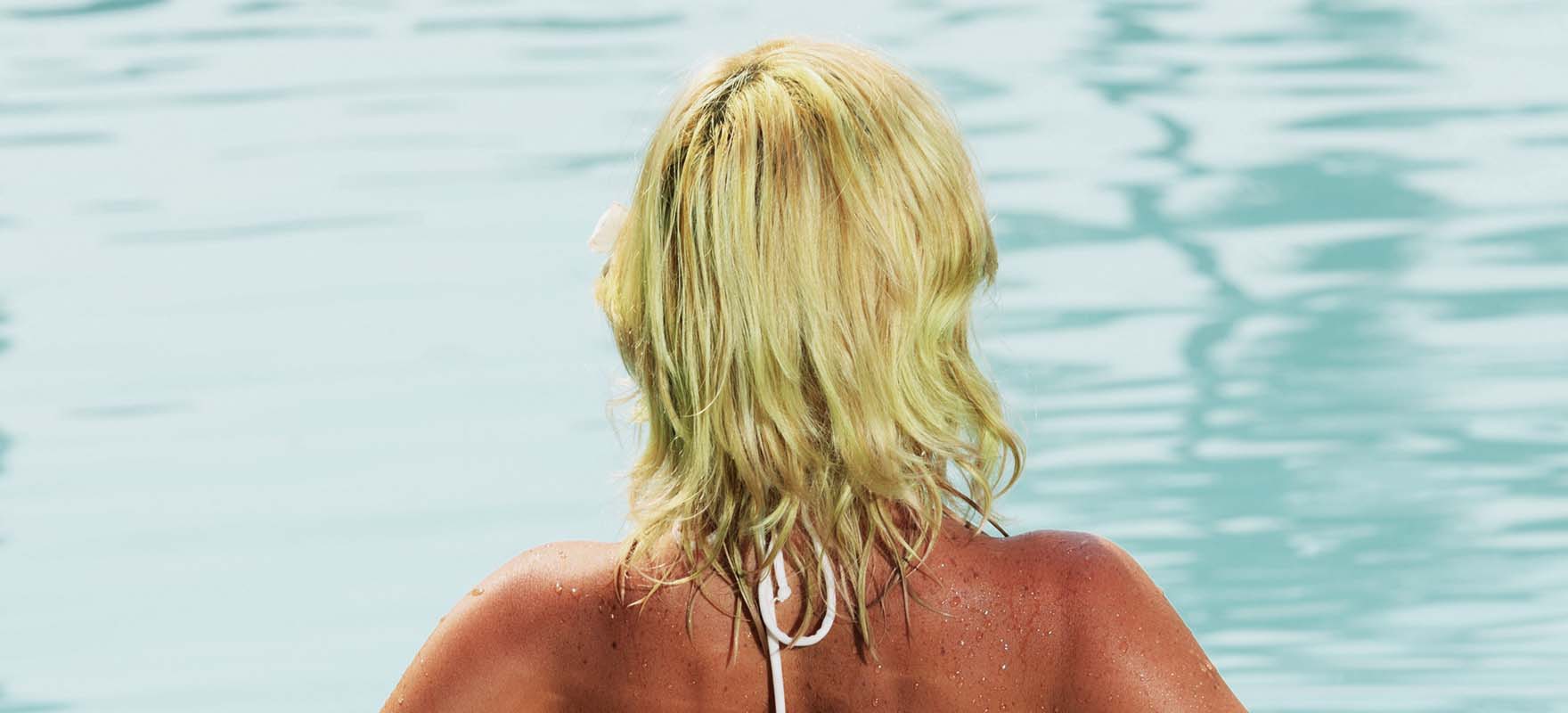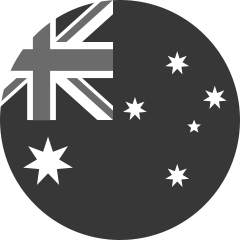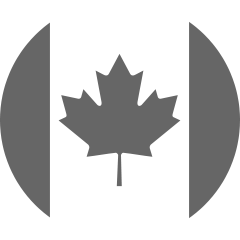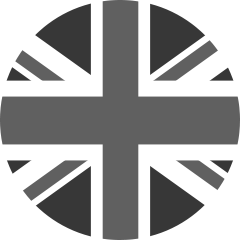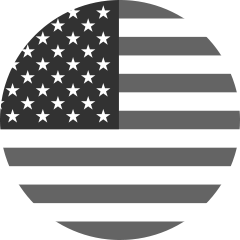What Is The Best Shampoo For Swimmers?
Swimming is a great recreational and competitive sport. It’s good for cardiovascular health, muscle growth, and endurance. What it’s not good for, though, is hair. Long-term exposure to chlorinated or salt water can wreak havoc on hair, causing dryness, brittleness, breakage, and even color change. Your everyday shampoo, conditioner, and hair care products are likely not enough to repair or protect your hair from the harsh chemicals and substances in your swim water.
This article will look at the damage chlorine and salt water does to your hair and recommend shampoos, conditioners, and hair care products to help protect it from long-lasting damage.

How chlorine and salt water damage your hair
Chlorinated water can make your hair dry and weak, which can cause excess breakage. Chlorine is essential to kill bacteria in pools, but strips your head of its natural oil (sebum), which is necessary to protect your hair and scalp. In addition to irritating your skin and scalp, chlorine-exposed hair will weaken, crack and split. You don’t want to get to the point where your blonde hair is bleached green, so it's important to learn how to protect your hair from chlorine water!
Prolonged exposure to salty water (from swimming or hanging out near the beach) can dry out your hair. When the salt and water combine in your hair, it creates a saline solution that coats your hair and makes it feel rough and gritty. Like chlorine, long-term exposure to salt water can also strip your scalp’s natural oils.
What shampoo should a swimmer use?
To avoid any long-term hair damage, knowing how to care for your hair is essential. One of the best things you can do is choose the right shampoo for your hair type and the type of water you’re swimming in.

Here are our best shampoo and hair care suggestions for swimmers based on your hair type and where you swim:
Swimmers with Oily Hair
If you primarily swim in chlorinated water and have oily hair, the natural oils may protect your hair strands for a short time, but chlorine will eventually strip the necessary healthy oils from your scalp and strands, leaving your scalp dry and itchy.
If you swim in salt water, you may notice your hair looks damaged and extremely tangled after an ocean swim. The salt can also leave it feeling dry and brittle. Rinsing your hair as soon as possible after swimming in salt water will help minimize any damage.
Shampoo suggestion for oily hair
TRISWIM Shampoos: TRISWIM chlorine removal shampoos can counteract the harmful effects of chlorine, salt, and even sun damage to your hair, locking in all the good moisture and oils for your scalp and skin. It moisturizes with aloe vera, vitamin E, and vitamin B5. It can also help remove any green hair from chlorine.
Swimmers with Dry Hair
If you swim in chlorinated water and have dry hair, you may struggle to keep your hair moisturized out of the pool. Many swimmers will use a conditioner or hair oils before swimming to protect their hair follicles from excessive exposure to chlorine.
If you swim in salt water, you may notice the drying effects quicker because your hair already lacks moisture. This means the damaging effects of salt and ocean pollutants affect your hair and scalp much faster than someone who doesn’t have dry hair.
Shampoo suggestion for dry hair
Ultra Swim Shampoo: The Ultra Swim chlorine removal shampoo is a popular all-around swimmer’s shampoo. It’s good at replenishing the natural oils in your hair and restoring scalp moisture. It provides extra protection when you use it with their Ultra Swim Ultra Repair Conditioner.
Swimmers with Colored Hair
If you swim in chlorinated water and have color-treated hair, you may often notice that chemicals in pool water cause your hair to become dry, brittle and tangled. It can also dull your colored hair over time, and in some cases, has been known to add a green tint (a condition not-so-lovingly called “Swimmers Hair”) to blonde or lighter coloured hair—even if it’s color-treated.
If you swim in salt water, you may notice your hair color fades quickly. Colored hair is also more prone to split ends and breakage after swimming in the ocean. To protect your hair color, you need to keep it as healthy and hydrated as possible and wash it as soon as possible after swimming in the ocean—before too much salt builds up on your hair strands.
Shampoo suggestion for colored hair
Malibu C Swimmers Wellness Shampoo: This shampoo is excellent for protecting your colored hair in the pool or ocean. It contains no harsh chemicals, so you can remove contaminants while preserving your hair color. It also restores hair strength and softens it, while removing any green hair you have from chlorine chemicals.
Swimmers with wavy or curly hair
If you swim in chlorinated water and have curly hair, you may notice that your hair loses its natural curls and waves after swimming. The effects of chlorine on people with wavy or curly hair are noticeable as soon as they exit the pool.sing clarifying shampoos will help your hair bounce back into shape.
For salt water swimmers, you may notice that salt water severely dehydrates your luscious curls. Your best defense is to rinse right after swimming in the ocean and use a swimmer shampoo or conditioner specially designed for naturally curly hair.Shampoo suggestions for curly hair
Paul Mitchell Shampoo Three: This is the clarifying shampoo you need when you usually use lots of products on your curly hair. Not only does Paul Mitchell Shampoo Three keep your chlorinated hair from turning green, but it deep cleans hair from minerals in salt water.
DevaCurl One Condition Original Rich Cream Conditioner: This shampoo is great for rehydrating your hair and controlling frizz—leaving your curls feeling nourished, soft, and bouncy, even after an ocean swim.

Swimmers with fine hair
If you swim in chlorinated water and have fine hair, you may sometimes notice that regular swimming in chlorine thins your hair even more. Your thin hair may not soak up as much chlorine, but it penetrates deeper and faster, so even a quick swim can cause damage to your hair.
If you swim in salt water, you may struggle to brush your hair after a swim. The salt water penetrates thinner hair much quicker than other hair types, causing significant tangles that need to be brushed carefully to avoid pulling out too much hair. Be sure to brush from bottom to top, removing knots and tangles carefully.
Shampoo suggestions for fine hair
Solpri Swimmer’s Shampoo, Conditioner, and Moisturizer: If your fine hair is also prone to split ends after ocean or pool swimming, the vitamin C in this shampoo can be very hydrating and help fight split ends. When used with the same brand of conditioner and their vitamin C-based swim moisturizer, it’s an excellent shampoo to remove chlorine from your scalp and hair, locking in moisture. They also have a body wash for swimmers.
Bumble and Bumble Sunday Shampoo: This is excellent for removing chlorine from your hair and lifting away residue and any pollutants (like salty ocean water). It works for fine to medium hair that is otherwise healthy and non-color-treated.
How do swimmers keep their hair healthy?
Here are a few more good tips and hair care for swimmers regularly in chlorinated or salt water.
1. Pre-soak and post-soak your hair
When you soak your hair in fresh water before a pool or ocean swim, your hair absorbs some of that water, so there’s less room for chlorine or salt to absorb into your strands. After your swim, if you can’t use a clarifying or swimmer shampoo or conditioner right away, rinse your hair with fresh or bottled water as soon as possible when your swim is done.
2. Natural oils and conditioners
Look for oils and natural ingredients to use as a protectant or a leave-in conditioner. These will protect your strands from any chlorine or salt water. The best oils to protect your hair while swimming include coconut, olive, and jojoba.
3. Use chlorine removal shampoo
Look for a chlorine removal shampoo or clarifying shampoo formulated for removing chlorine from your hair. These remove the physical effects of chlorine and odor. If you have blonde hair, this is especially important, as the greening effect of chlorine is more noticeable on lighter-colored hair.

4. Wear a swim cap
Wear a tight-fitting swim cap to prevent any water from touching your hair and giving it an added layer of protection from the harmful effects of chlorine. Wet your hair with fresh water to make it easier to put the swim cap on. This will also provide added protection if water seeps through your cap.
Protect your eyes from chlorine and salt water
Some find their eyes get irritated when exposed to chlorinated water and ocean water. Consider protecting your eyes from the redness and irritation of the water with a well-fitted pair of swim goggles. It’s a bonus if you choose a pair of smart swim goggles with an augmented reality display to show your swim stats in real time.
FORM Smart Swim goggles display distance, time, and average pace directly in the lens. You can also choose to subscribe to guided workouts, which you can sync with your goggles. They’re the perfect, essential addition to your swimming bag.
